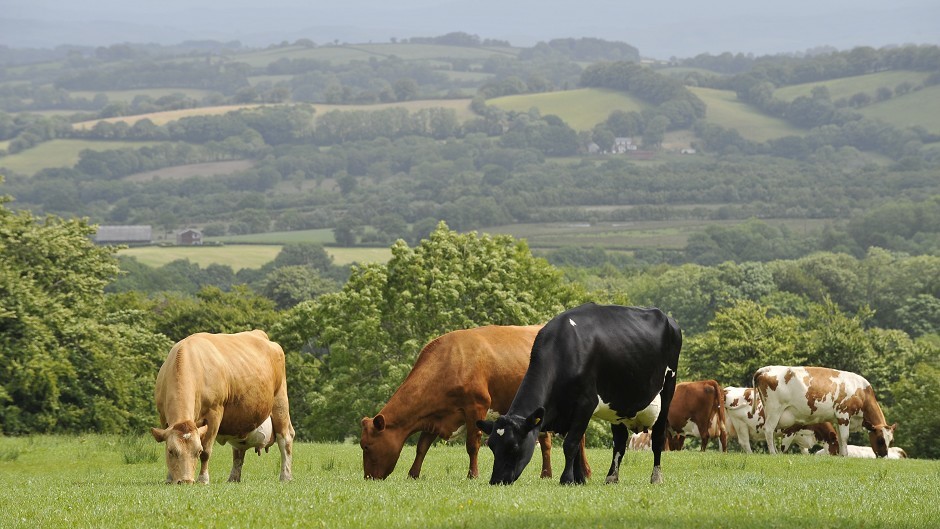Livestock farmers cannot afford to let pressure on profits mean that disease surveillance and control takes a backseat, the government’s senior vet has warned.
Defra chief vet Nigel Gibbens said that while Britain was currently free from infectious livestock disease such as Avian Influenza and African Swine Fever, that did not mean farms were immune from infection.
Speaking at a break-out session at the NFU conference, Mr Gibbons said it was impossible to know where the next disease problem may come from, making effective surveillance vital.
“We are all part of this,” Mr Gibbens told farmers. “It’s inevitable that some of these major disease such as Avian ‘Flu and Bluetongue will cross our borders.
“The controls we have on our livestock farmers reduce the risk of disease probability, and traceability helps reduce the spread of disease once it happens.
“But the minute we get a breakdown it hits our trade, so what you do every day to make sure that disease doesn’t cross boundaries is critical.”
Mr Gibbens said that with livestock profits under pressure, producers needed to minimise costs and drive value. But he warned that disease control and surveillance was not a cost farmers could afford to cut.
“Disease measures that are cheap have to be good,” he added. “The single most important thing we can all do is to get our disease controls right.”
Mr Gibbens said it was worth farmers giving some thought now to how they might handle a “very likely” outbreak of Bluetongue should the disease find its way over from France next year.
“Bluetongue is spread by infected midges which can spread on the wind. If the disease takes off in France this year and spreads across the continent, it will get close enough to spread infected midges over the Channel,” said Mr Gibbens.
“We may not be spreading the disease in animals, but there’s an uncontrollable risk heading towards us. It’s not causing a huge impact in France at the moment, but it is having some effect.
“France has been soaking up available vaccination, and there’s a supply and demand issue we need to understand with pharmaceutical companies. But the decision over whether to vaccinate livestock is one for you to take.”
